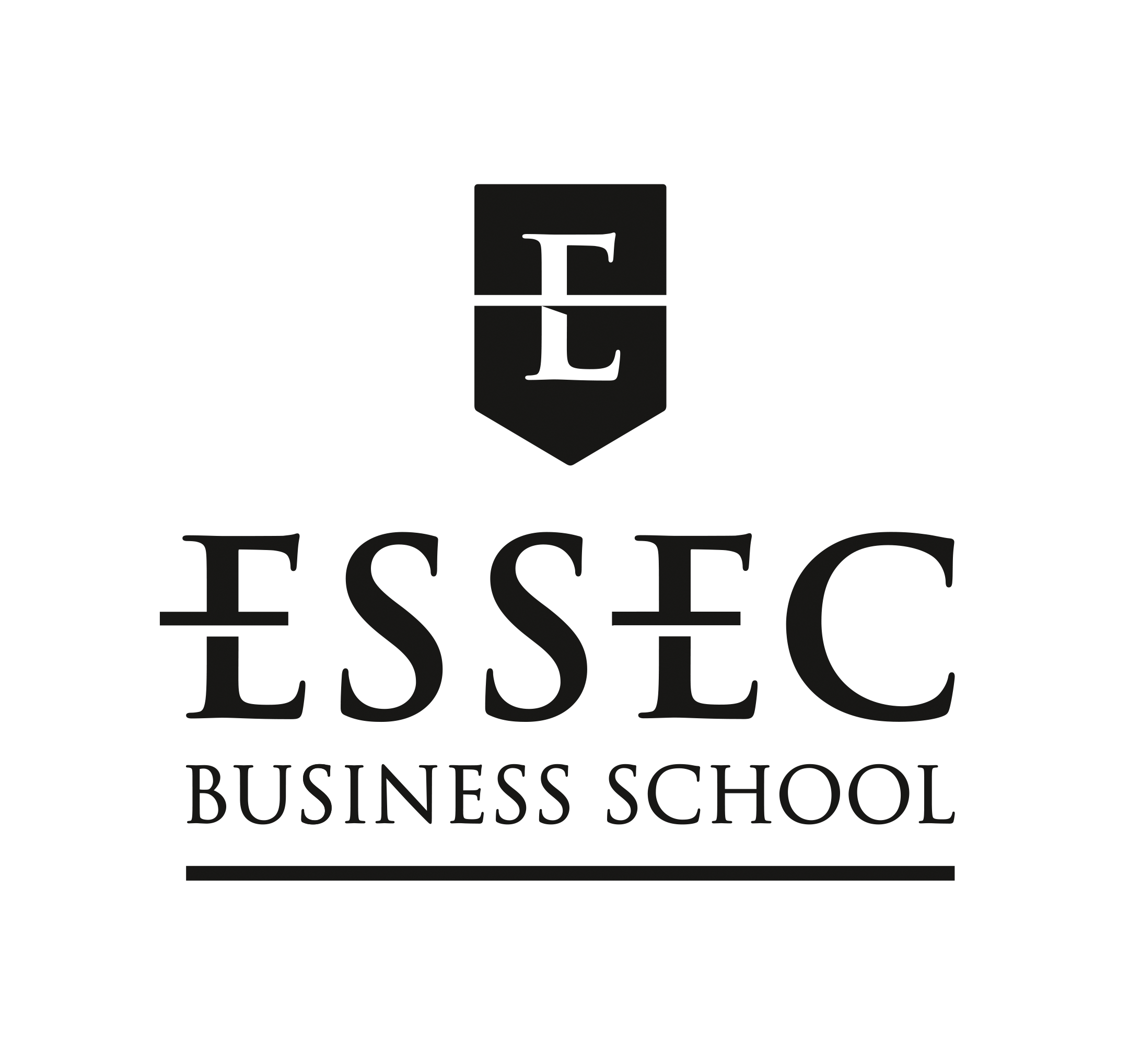One of the greatest perks of the ESSEC Master in Management (MiM) program at the ESSEC Asia-Pacific campus is the Junior Consulting Experience (JCE).
For three months, the JCE allows students to serve as consultants for MNCs, local SMEs, startups, and nonprofits to solve real-world business challenges.
Contrary to its name, the JCE is not just for those aspiring to a consulting role. Benefits abound no matter what industry or role one hopes to take. Here are three ways the experience can help.
1 | Credible Real-World Experience
A significant benefit of the JCE is that it offers students real-world experience to add to their portfolios, giving them an edge over other graduates.
Partner companies change each year, and past cohorts worked with names like Accor Hotels, Edenred’s services and payments platform, and even the global leader in international transport and logistics, Bolloré Logistics.
What remains the same is that students are treated like professionals, and the project challenge has real-world implications.
“Our work focused on analyzing competitors’ offerings and market trends before providing recommendations on warehousing and digitalization,” Yuchen Wu, whose team was paired with Bollore Logistics, recalls, adding that the challenge helped his development “tremendously.”
Those in the 2023 cohort who are working with startups echo these sentiments.
“We are implementing what we propose,” Nikita Masurkar’s team worked with an artist to devise strategies to reduce glass waste.
“We’re directly talking to the people in charge who will execute and discuss our solutions with them. That makes a lot of difference in our learning.”
2 | Lessons That Classrooms Can’t Teach
Worth noting is that the JCE goes beyond giving students a platform to put their textbook knowledge to the test. It also offers abundant opportunities for on-the-job learning, where they pick up valuable tips and tricks no classroom can teach.
“I learned the importance of using industry parallels to develop new innovative solutions. It is important not just to restrict research to the industry in focus but to look into related or similar industries to seek leverage for solutions,” Yesho Gupta, who did the JCE in 2021, shares.
He adds that these skills have served him well in his roles at ENGIE and Botify. “I also realized the importance of developing easy, practical solutions that have the potential to create a large impact,” he concludes.
3 | Networking and Soft Skills Development
Last, the JCE is an opportune time to build one’s network and cultural awareness. Working closely with an Asian company can offer insights into the cultural nuances associated with doing business in the region, which is an asset for those who hope to work there.
However, it is also because the diversity of the MiM cohort translates to diversity in the JCE project teams. For instance, Lucas Le Brazidec from the 2023 JCE shares that his team comprises students from India, China, and France with different industry backgrounds.
“We have people who have worked in business and marketing, as well as engineers like myself. So it’s exciting to work together and learn from each other as we do our best for the client,” he says.
Comparing this to his past internships as a data scientist and engineer, he notes that the experiences and lessons learned from the JCE are genuinely unique!
RELATED POSTS
Highlights: Partnerships In Luxury Brand Management
Sonja Prokopec, Professor of Marketing at ESSEC Asia-Pacific, shares exclusive insights into how she selects partner luxury brands for the Luxury…
MMD Success Showcase with Prof. Gautam Kiyawat
Ranked #1 in Asia and #2 worldwide by QS in 2024, worldwide, learn about the MSc in Marketing Management and Digital (MMD) program and how the dual…
ESSEC Global BBA Students Share The Transformative Benefits of Travel
From finding inspiration to expanding their networks, hear from graduates on how traveling the world during the Global BBA program has transformed…
How Diversity Adds Depth to the ESSEC MiM Experience
Learn how the Master in Management program prepare students for global career success by fostering diversity and enhancing cross-cultural competence…
From Networking to Work Experience: How the ESSEC SMIB Gives Students an Edge
ESSEC Master in Strategy and Management of International Business students Shristi Khemka and Howie Chia testify that the program has shaped their…
Practical Lessons and Passionate Professors: The Impact of the MiM Experience
Student Ambassadors from different backgrounds testify to how faculty have made it easy to move into business school.








